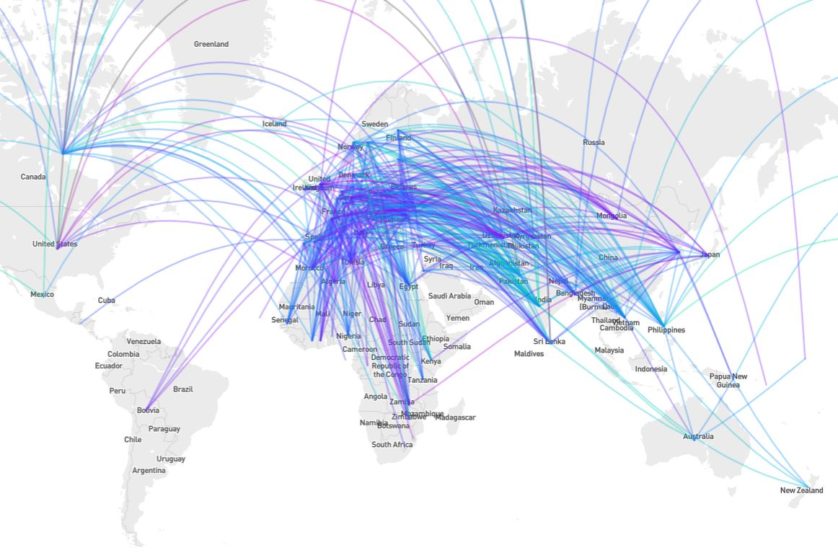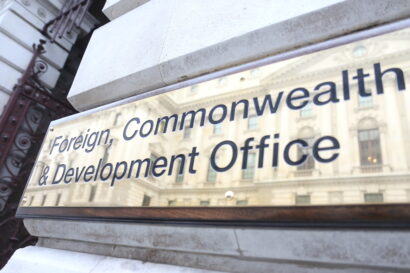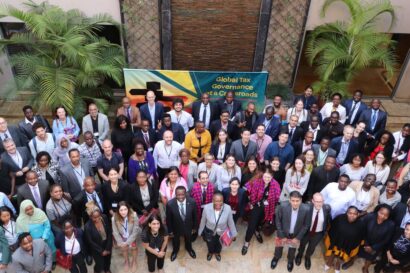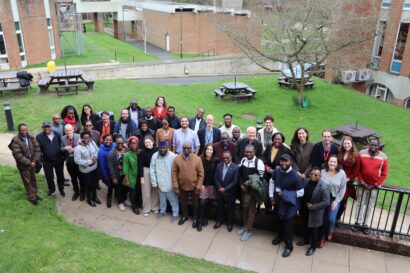Th International Centre for Tax and Development (ICTD) seeks proposals for research projects on tax treaties and lower-income countries, with the aim of assisting lower-income countries in making decisions about their approach to tax treaty policy and treaty negotiations. Funding is available for the most promising applications that need it. Applicants whose proposals have been supported will be encouraged to participate in an online research workshop in November 2021, as well as one or more follow-up workshops in 2022. Proposals involving from researchers in lower-income countries are especially encouraged.
To be considered for the workshop, initial outline proposals should be submitted by 1 October, 2021.
Over a thousand bilateral tax treaties (often referred to as double taxation agreements) are in force in lower-income countries. They are usually concluded with the aim of providing a stable, attractive fiscal environment for investment, but there is only mixed evidence to suggest that they influence investment flows into lower-income countries, certainly enough to justify the revenue costs they entail. These costs come in the form of restrictions on ‘taxing rights’, transplanting of legal norms designed for high-income countries, and exploitation through treaty shopping. The growth of digital services has only compounded these challenges. Some lower-income countries have begun to reexamine their existing treaties, and there is growing provision of technical assistance for negotiations.
The evidence to support countries in reaching judgements about when, on what terms, or with whom to negotiate or renegotiate tax treaties is lacking. Current research does not provide a framework within which lower-income countries can establish an optimal tax treaty policy as part of an overall international tax policy. Moreover, if a treaty is determined to be an appropriate tax tool, the literature does not provide assistance to treaty negotiators to develop negotiating strategies.
In addition to producing inconclusive results, much legal and economic research on tax treaties relies on longstanding paradigms that do not reflect present day tax system design (for example, the prevalence of territorial rather than worldwide tax systems, the specificities of investment hubs, and the proliferation of tax incentives) or changes in economic interactions (for example, the increasing importance of digitalised value-generating activities that can be undertaken without direct investment or physical presence in an economy). It usually focuses on direct investment, to the exclusion of portfolio investment, trade in goods and services, transfers of intellectual property, and movement of people. It rarely considers variation in the content of treaties beyond certain withholding tax rates, current investment practice and the possibility of using technology to enhance host country taxation of cross-border investment. The idiosyncrasies of particular sectors, notably extractive industries, that have an outsize influence on economic growth and the tax base, need further consideration.
We therefore seek proposals for research projects that will support lower-income countries in reviewing, forming policies regarding, renegotiating and negotiating tax treaties. Such research may:
- Provide a more granular and accurate description of the way in which treaties are used by multinational enterprises and other investors.
- Embed analysis of the impact of tax treaties in a broader picture of the legal instruments that govern and tax cross-border economic activity.
- Identify how different economic characteristics of a host country affect investment and other cross-border economic activity, and how those characteristics may modify the impact of tax treaties.
- Use these more granular understandings to refine economic analyses of the impact of tax treaties on investment decisions and revenue mobilisation.
- Evaluate alternative approaches to international taxation, including alternative treaty design and other legal instruments that might substitute for the roles currently sought from treaties.
- Provide tools for Finance Ministries and revenue authorities in lower-income countries to prepare for treaty negotiations, using data that is likely to be available to them domestically and through exchange of information provisions.
To submit a proposal, fill in the form here, selecting “International Tax” as the research theme.



